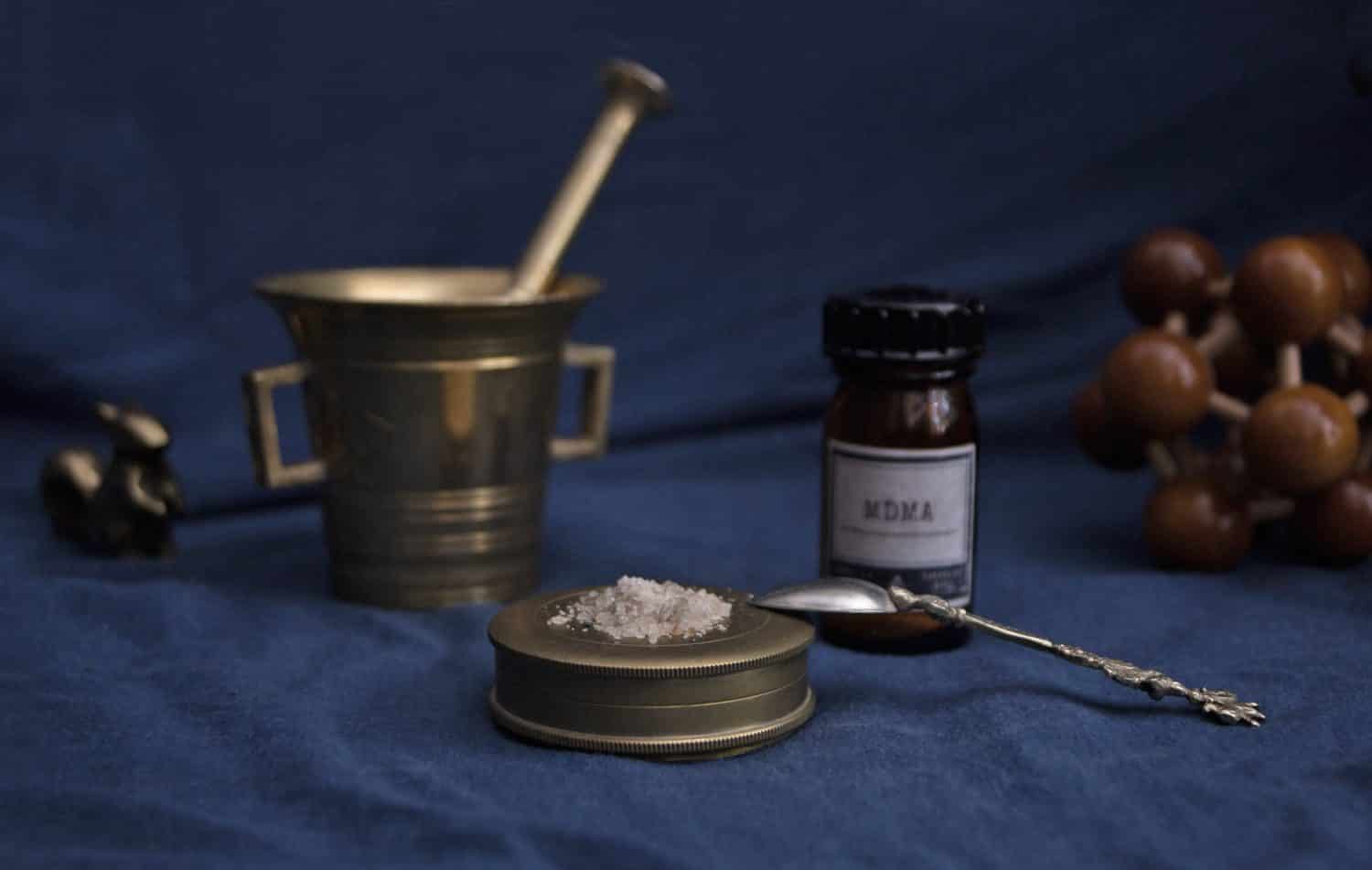

Ready to get help? Call (855)972-9760 Request A Call



Most addicts don’t want help, because accepting help means admitting there’s a problem. It can therefore be difficult to convince an addict that attending a rehab treatment centre is necessary. This is a common challenge faced by friends and family members of those addicted to substances or destructive behaviours. When…

When someone addicted to MDMA stops using the drug, they will experience withdrawal. This is a term used to describe the physical and psychological symptoms that occur when an addictive substance gradually leaves the addicted person’s system. The first and most severe phase of withdrawal is called acute withdrawal. This…

When someone close to us is struggling with addiction, we naturally want to do everything we can to support them. However, this compassionate instinct can ultimately result in enabling behaviour. Enabling behaviour means supporting the addicted person in a way that is ultimately damaging to you both. The behaviour leads…

As we have discussed in our previous blogs, the holiday season can be difficult for people coping with addiction. Difficult family situations, triggering social events, hectic schedules and financial pressures can all contribute to challenging situations. Our most recent blog discussed the signs that a loved one may be struggling…
As we enter the holiday season, it may be useful to consider some of the signs that a loved one may be dealing with addiction. Perhaps you are aware of their addiction problems and they have been in recovery. You may be uncertain as to whether they are addicted but…

Many people who are considering rehab centres for themselves or a loved one are unsure what to expect from a treatment program. This can make the process more intimidating and may add to any reluctance about beginning treatment. This blog will describe the way in which a good rehab centre…
Withdrawal from drugs or alcohol can be an intensely difficult process. When the mind and body have come to depend on the effects of a substance, its removal can lead to a range of uncomfortable, painful or distressing symptoms. In some cases, withdrawal can be very dangerous, as the body…

